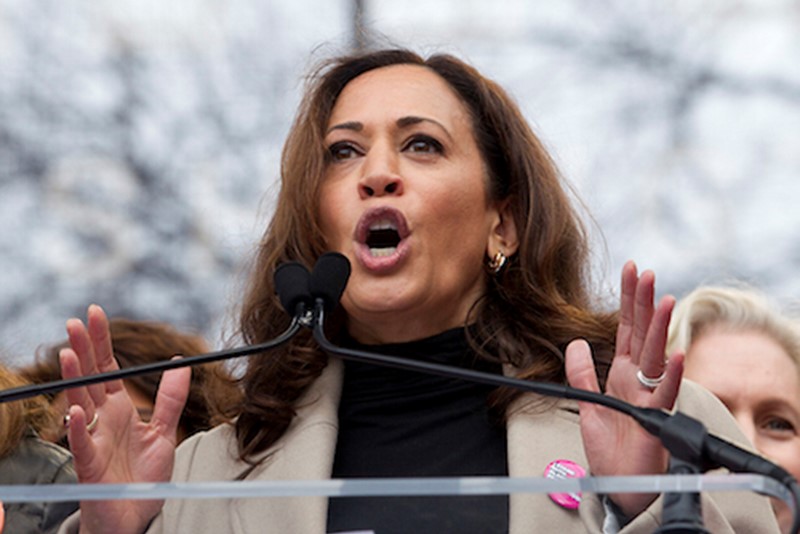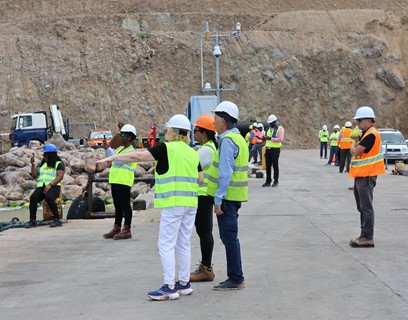
Washington, D.C. — In the weeks following the Women’s March in January—in which millions of protesters around the world marched on behalf of women’s rights and for the rights of other marginalized communities—there has been a groundswell in political engagement among women in the United States, with thousands of women coming forward to declare their interest in running for office.
The rise in women who are interested in running for elected office is welcome news: Women make up more than half of the U.S. population, yet remain underrepresented at all levels of elected office. However, as a new report by the Center for American Progress shows, there are many structural barriers that keep women out of office. CAP’s report proposes a set of solutions aimed at removing these barriers and features examples of successful reforms that have helped increase women’s political representation.
In the United States, women currently occupy less than 25 percent of elected offices at all levels of government. Political representation for women of color, in particular, remains unacceptably low. And according to estimates by the Institute for Women’s Policy Research, at the current rate of progress, women in the United States will not reach political parity until 2117.
As CAP’s report outlines, there are a number of factors that keep women out of office. For instance, the privilege of incumbency gives current officeholders, who are predominately men, an enormous advantage at election time. Meanwhile, a gatekeeper system—in which political power brokers identify, recruit, and groom candidates, then rally support and funding for them—often keeps newcomers on the sidelines. The high personal cost and financial costs of a political career also can deter women from running for office, while a lack of recruitment and encouragement can serve as a subtle yet strong dissuasion for women who might otherwise mount successful campaigns for office.
“The lack of women in U.S. politics has very real and damaging effects on how our democratic institutions function,” said Judith Warner, Senior Fellow at CAP and author of the report. “But in order to get more women to seek and win elected office, the United States must take a number of concrete actions to address the structural impediments that keep women out in the first place.”
Notably, CAP’s report recommends that:
- Our political parties should change how they recruit and groom candidates, and they should set goals to encourage a rapid rise in the percentage of women they support and promote
- Cities, states, and the U.S. Congress should enact legislation to reduce the role of big money in elections and adopt systems of small-donor public financing
- Individual donors and political action committees should set voluntary goals to increase funding for women candidates, particularly in open-seat elections, which offer the best opportunities for outsiders
- States should pay officeholders a living wage and support state lawmakers with work-family policies
Read the report: Opening the Gates: Clearing the Way for More Women to Hold Political Office by Judith Warner


